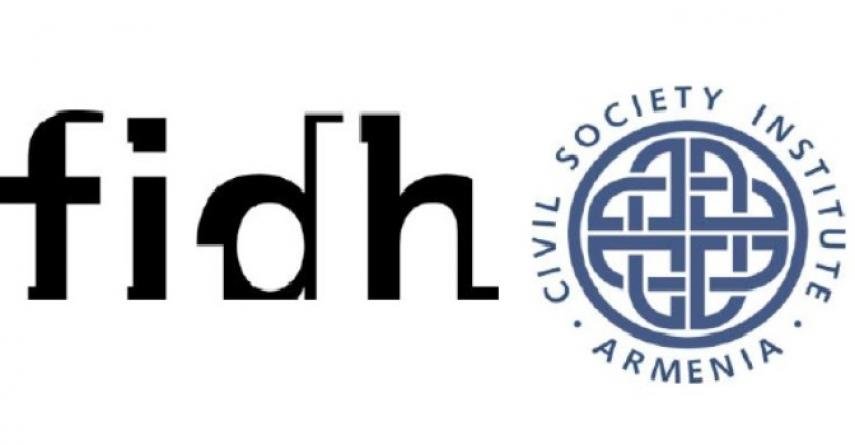NON-GOVERNMENTAL ORGANIZATION
EU-Armenia: Seeking More Efficient Support for Justice Sector Reform

Ahead of the EU Eastern Partnership Summit scheduled for May 21-22, 2015 in Riga, FIDH
and its Armenian member organisation Civil Society Institute (CSI) call on the EU to aim for
more efficient support of the justice sector reform in Armenia.
In its advocacy paper released today, FIDH and CSI provide recommendations that would help promote reforms and
reinforce the EU's monitoring tools used to assess their effectiveness.
Support for human rights and justice reforms has been a constant priority of EU-Armenia relations since the entry into
force of the Partnership and Cooperation Agreement in 1999. In recent years, the Armenian Government has made
efforts to bring its legislation governing the justice sector into compliance with its commitments to international
human rights instruments. However, FIDH and CSI deplore that the reform process remains slow and mostly formal
in nature. This is particularly the case in the areas of the independence of the judiciary and the right to a fair trial, the
prevention of torture and combating the impunity of those who commit torture, as well as penitentiary reform.
NGOs have regularly raised concerns with regard to the independence of the judiciary due to the routine violation of
the principle of equality of arms, specifically in cases in which one of the parties is a government entity. With the
majority of Armenians viewing the national judiciary as corrupt, the EU should urge the Armenian authorities to
ensure effective implementation of the right to equality before the law in all cases.
Despite the significant international attention that is paid to torture and to efforts to combat it, torture and ill-treatment
in police custody and impunity for such actions remain a serious issue in Armenia. Bringing national legislation in line
with international standards meant to fight against torture should be Armenia's priority.At the same time, the EU
should step up its efforts to measure the enforcement of laws that seek to prevent and combat torture.
Finally, the situation in Armenian penitentiaries is alarming due to the overuse of pre-trial detention which leads to the
overcrowding of penitential facilities. FIDH and CSI also point to the lack of medical personnel and insufficient
attention paid to the rehabilitation of inmates as a result of this overcrowding.
CSI and FIDH urge the EU to tackle the issue of justice reform in a comprehensive way through political dialogue and
a review of indicators the EU has set to evaluate its support of the reforms. Finally, the EU should help strengthen
civil society and better integrate its actors in the monitoring and evaluation mechanisms used for justice reform in
Armenia.

